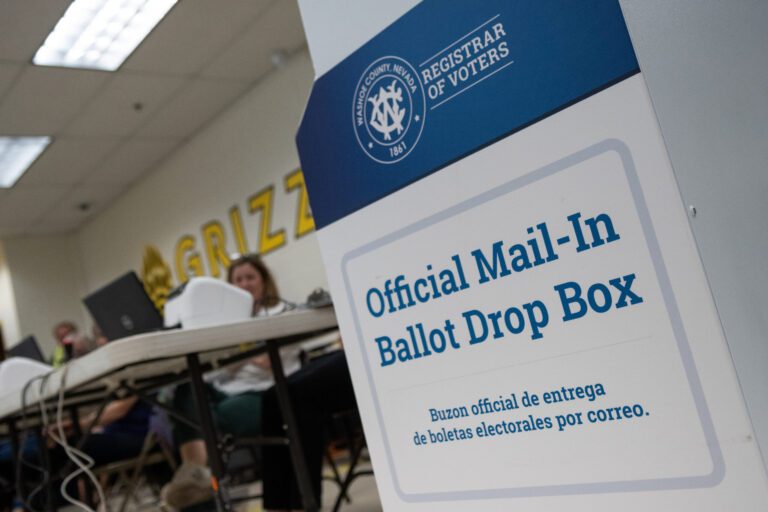Lawsuit Filed by 19 States Against Trump’s Election Order
In a significant legal move, Democratic officials from 19 states have initiated a lawsuit against President Donald Trump, opposing his recent executive order aimed at altering the election process across the United States. The lawsuit characterizes this action as an unconstitutional breach of states’ authority to manage their elections.
Key Points of the Lawsuit
- The lawsuit challenges provisions of the executive order issued just a week prior.
- It seeks to prohibit requirements for voters to provide documentary proof of citizenship when registering.
- It disputes the directive mandating that all mail-in ballots must be received by Election Day.
The Democratic state attorneys general have expressed that “The President has no power to do any of this,” labeling the executive order as “unconstitutional, antidemocratic, and un-American.”
Administration’s Response
In response to the lawsuit, White House spokesperson Harrison Fields defended the executive order, asserting that the requirement for proof of citizenship is merely “common sense.” He dismissed the complaints from Democratic officials as “insane,” stating that the Trump administration aims to ensure free and fair elections within the framework of the U.S. Constitution.
Context of the Executive Order
President Trump’s executive order expresses concerns about election security, claiming that the United States has not sufficiently enforced necessary protections for elections. However, numerous election officials have indicated that recent elections were some of the most secure in history, and investigations have found no evidence of widespread fraud, including during Trump’s electoral defeat in 2020.
Broader Implications and Reactions
The executive order has garnered support from election officials in several Republican-led states who believe it could potentially reduce voter fraud and enhance the integrity of voter rolls. However, the Democratic attorneys general argue that it represents an overreach of presidential power and a fundamental attack on the democratic processes of the states. They contend that states have the constitutional right to determine the “times, places, and manner” of their elections, with Congress holding the authority to create or modify regulations for federal elections.
Concerns Over Voter Disenfranchisement
Among the major criticisms of the order is the assertion that it could disenfranchise voters who lack readily available documents proving their citizenship. For example:
- Many eligible Americans may not possess a U.S. passport.
- Birth certificates, essential for identification, may not be easily accessible to all.
- Married women may face complications in proving citizenship due to name changes.
Under the executive order, acceptable proof of citizenship includes a U.S. passport, a REAL ID-compliant driver’s license indicating citizenship, or a valid photo ID paired with additional citizenship proof documentation—heightening the risk of disenfranchisement for those unable to meet these requirements.
Conclusion: A Rallying Point for Legal and Political Discourse
The lawsuit, filed in U.S. District Court in Massachusetts, reflects a broader national debate about the integrity of elections and the extent of federal influence in local electoral processes. Advocates for voter access emphasize the importance of non-restrictive voting practices in ensuring democratic participation, as the legal battle unfolds.
With major legal and political ramifications at stake, this lawsuit not only calls into question the legitimacy of Trump’s executive order but also highlights the ongoing tensions surrounding election laws in America.
For further details, consult the full lawsuit documentation or follow ongoing analysis from legal experts in electoral law.


